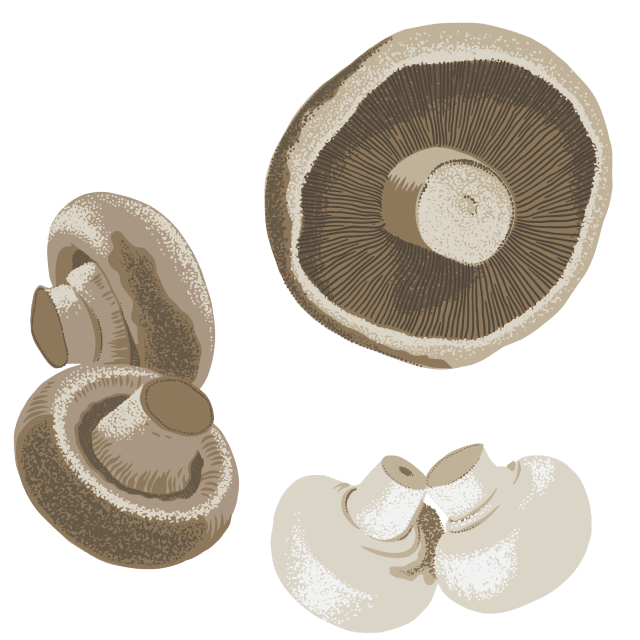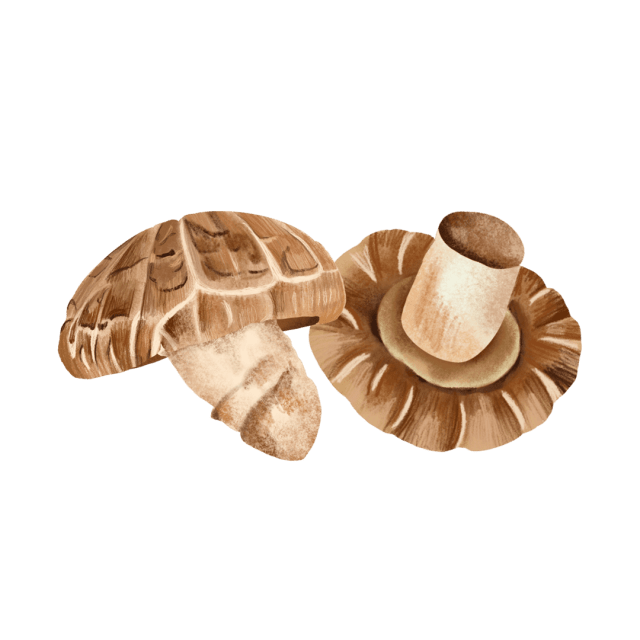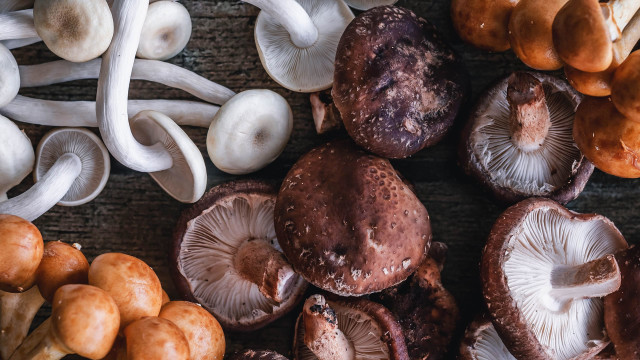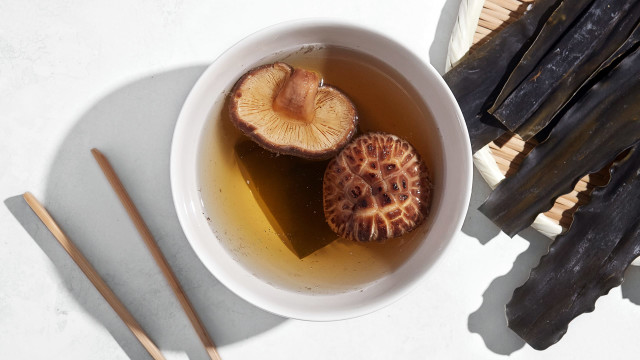Mushroom Confit

Mushroom Confit
Description
This method is a delicious and versatile way to preserve mushrooms. The slow cooking intensifies their flavor and meaty texture by drawing out moisture while the fat adds unctuousness. Mushrooms are a source of B vitamins (B2, B3, and B5), minerals, and beneficial compounds like triterpenoids, glycoproteins, and enzymes that support gut and cardiovascular health and may help with fatigue.
Ingredients
about 4 cups MAKES
- 2¼ lb (1 kg) fresh mushrooms of any kind, cleaned and woody stems removed, or or any dried, rehydrated mushrooms
- 1½ tsp (7g) sea salt
- 2 cups (480 ml) olive oil, plus more as needed
- 5 medium garlic cloves, peeled and lightly crushed
- 4 bay leaves
- 2 sprigs fresh rosemary
- 2 sprigs fresh thyme
- 1/4 tsp red pepper flakes
- 1/2 tsp freshly ground black pepper
Directions
-
Step 1
Slice or tear larger mushrooms into bite-sized pieces (smaller ones may be left whole) and put them in a Dutch oven. Add the salt and toss well to combine. Let stand, stirring occasionally, until wilted and reduced in volume by about 1/3, about 30 minutes. Meanwhile, adjust an oven rack to the lower-middle position and heat the oven to 275°F/135°C. -
Step 2
Pour off any water that has accumulated at the bottom of the pot of mushrooms. Add the oil, garlic, bay leaves, rosemary, thyme, red pepper flakes, and pepper to the Dutch oven, and stir to combine. Heat the mixture over high heat until boiling, about 1 minute. -
Step 3
Transfer to the oven and cook, stirring occasionally, until the mixture is reduced by about 1/3 and the mushrooms are tender, 1½ to 2 hours. Remove from the oven and set aside to cool. -
Step 4
Discard the herb stems and bay leaves. Transfer the mixture to sealable containers, along with enough oil to cover. Seal and refrigerate for up to 10 days or freeze for up to 2 months. Use as pizza topping or pasta add-in, stir it into garlicky sautéed greens, or fold it into an omelet or scrambled eggs. Pulsed in a food processor to a coarse purée, it is excellent spooned over crusty bread or crackers, alongside cheese. Puréed until fully smooth, it can serve as a sauce — with or without the addition of a little cream or crème fraîche — for pasta or pizza.









